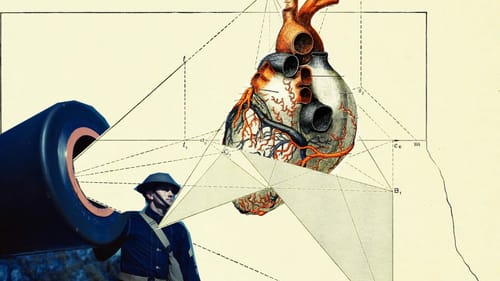Access this content when you signup for: Beautyfull Life Subscription
Sign up now and upgrade your account to get access to the post.
Sign up now Already have an account? Sign in
Sign up now and upgrade your account to get access to the post.
Sign up now Already have an account? Sign in